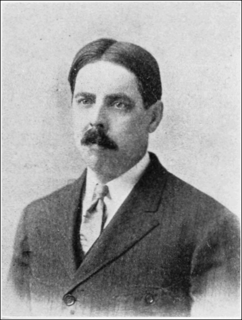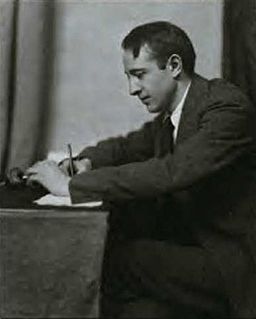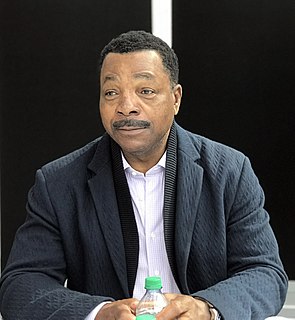A Quote by Neil Postman
The making of adaptable, curious, open, questioning people has nothing to do with vocational training and everything to do with humanistic and scientific studies.
Related Quotes
At the moment I would like to emphasize the need for vocational training, for non-formal education in Burma to help all those young people who have suffered from a bad education. They have to be trained to earn their living. They have to have enough education vocational training to be able to set up respectable lives for themselves.
It's fairly obvious that American education is a cultural flop. Americans are not a well-educated people culturally, and their vocational education often has to be learned all over again after they leave school and college. On the other hand, they have open quick minds and if their education has little sharp positive value, it has not the stultifying effects of a more rigid training.



































